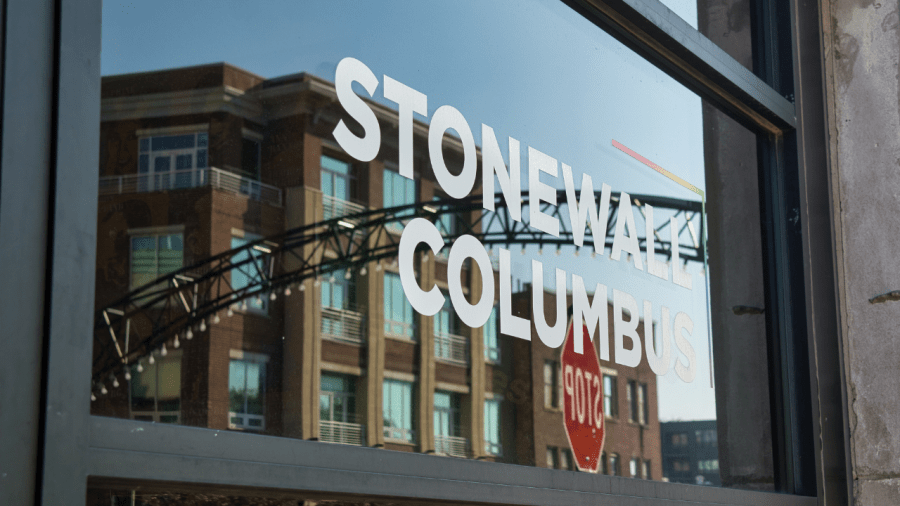COLUMBUS, Ohio (WCMH) — A grant is helping to preserve decades of LGBTQ+ audiovisual history in Ohio, including rare footage from one of the state’s earliest public-access television programs centered on queer life.
In August, Ohio History Connection received $21,524 through the Recordings at Risk program, a national regranting initiative administered by the Council on Library and Information Resources. The grant is funding the digitization and preservation of vulnerable LGBTQ+ audiovisual materials, many of which were recorded on analog formats and are at risk of deterioration.
The project, titled “Sights and Sounds of LGBTQ+ Ohio: Preserving the Gay Ohio History Initiative’s Audiovisual Collections,” is focusing on materials from seven separate collections. The largest of these consists of nearly 90 U-Matic master tapes donated by Stonewall Columbus, a central Ohio LGBTQ+ advocacy organization currently celebrating its 45th anniversary. Watch a previous NBC4 report on Stonewall Columbus in the video player above.
The archival footage is primarily from Stonewall’s former television program, titled the “L/G/B Report” and previously known as the “Gay Pride Report.” The broadcasts span from the 1990s through the early 2000s and will be sent to a Kentucky-based vendor, Scene Savers, for professional digitization in early October. The files will then be uploaded to Ohio History Connection’s digital catalog and made accessible to researchers and the public.
Alexandria Ingley, department manager of community engagement at Ohio History Connection, said the work reflects the organization’s broader mission to protect at-risk historical materials and ensure they remain publicly accessible.
“When you’re thinking about the preservation of history, there are some components or aspects of history that are just more vulnerable to being lost or not being able to be ultimately preserved,” Ingley said. “Being able to showcase … how there is ongoing work within our communities to help preserve history in ways that help maintain [it] for generations to come is critical.”
Although Stonewall provided the largest set of materials, the grant project also includes audiovisual content from other organizations and individual donors, Ingley said.
The project aligns with a significant moment for Stonewall, which is set to receive an Ohio historical marker on Friday, commemorating its 45 years of advocacy. The sign is only the fourth LGBTQ+ historical marker recognized by the state. Densil Porteous, executive director of Stonewall, said the digitization serves as an important step toward ensuring the longevity and accessibility of Ohio’s LGBTQ+ history.
“Our history is part of Columbus history,” Porteous said. “It’s part of Ohio’s history. It’s part of American history, and it’s important for us to document those things, to be able to save them.”
Porteous emphasized that the archived media, which also includes lectures, talks and other community programming, has otherwise been preserved in formats such as VHS and DVD, making digitization essential.
“This partnership and this engagement with Ohio History Connection will … allow people to access [this footage] from wherever they are, however they need to, whenever they need to,” he said. “We’re sort of democratizing who owns information and ensuring that everyone who needs it can access it.”
The project also takes on new significance amid rising concerns about the erasure of LGBTQ+ narratives from public history. Earlier this year, federal officials rescinded nearly $250,000 originally designated for 10 additional LGBTQ+ historical markers across Ohio. Although Stonewall’s marker was not affected, Porteous described the loss as a “setback in our collective progress.”
“This is actually a similar thing that’s happening across the county with a lot of other LGBTQ+ organizations,” Porteous said. “They’re thinking about, what does history documentation look like? How do we ensure our community that we are documenting, saving and archiving our history?”










